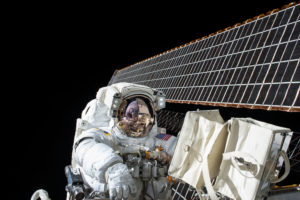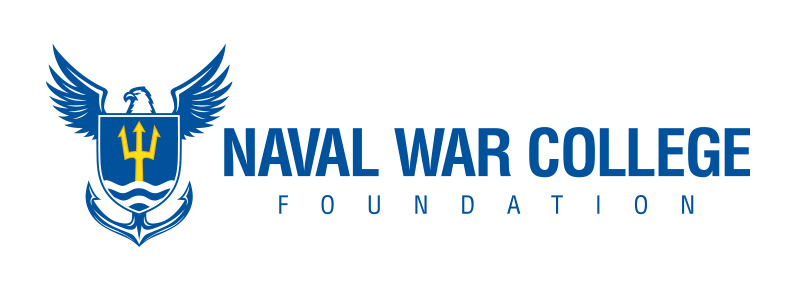 This week, the Naval War College Foundation had the pleasure of speaking with NASA astronaut CAPT Scott Kelly, USN (Ret.), who spent a year in near isolation aboard the International Space Station in 2015. Kelly offered his advice to those of us who are dealing with challenges presented by the need for social distancing, sheltering in place, and quarantine as a result of the coronavirus.
This week, the Naval War College Foundation had the pleasure of speaking with NASA astronaut CAPT Scott Kelly, USN (Ret.), who spent a year in near isolation aboard the International Space Station in 2015. Kelly offered his advice to those of us who are dealing with challenges presented by the need for social distancing, sheltering in place, and quarantine as a result of the coronavirus.
Maintain perspective
If I could compare this experience to my time in space, I would say the most important thing is for people to have the right perspective. I knew the time frame for returning home when I launched to spend a year in the space station, but it was so far in the future that I had to put my living situation into perspective: ‘This is my reality. This is where I live now. It will be over someday, and my priority right now is to do my absolute best to complete my mission.’ I think we’re in the same kind of circumstance now. It is open ended – we don’t know how long it’s going to last – but making the right decisions and following the appropriate guidance is now our mission. We all need to be good team members and contribute to that mission. And if we do, we will be successful.
Establish a schedule and build in time to get outside
Having a tightly controlled schedule [aboard the space station] was kind of annoying at first but I got used to it. A schedule allows you to find time for work, for yourself, for connecting with family, and for going outside. Going outside is so important to our mental and physical health, particularly when it comes to our immune systems. NASA studies have taught us that our immune systems get suppressed in times of isolation, so we need to take appropriate precautions like getting outside to keep ourselves healthy [but please do so responsibly within the parameters set by your local officials].
Stay informed, but find distractions
When I was in space, it was important to me to get the appropriate amount of time for rest, exercise, and hobbies like reading or, in my case, writing. Those activities are helpful in distracting us from the 24-hour news cycle. It is incumbent upon all of us to stay informed, but it is detrimental to our mental health to binge watch the news 24/7.
Trust the experts
One thing I learned at NASA over my 20 years was that it’s not all about rocket science, but when it is about rocket science, we should trust the rocket scientists. The same goes for this. Be sure you are consulting reputable, respected outlets like the Centers for Disease Control (CDC), the National Institutes of Health (NIH), the World Health Organization (WHO) – and not your friends on social media, an entertainer or internet troll.
Don’t let fear overwhelm you
This situation can clearly produce a lot of anxiety, apprehension, and concern, but I try to counsel people that they shouldn’t be scared. As much as you can, try to look at this situation objectively and recognize that there are things that we can control and things we can’t. When fear enters the equation, it limits our ability to make the right decisions. The first time that I went into space, was I scared? I was. But I quickly recognized that I needed to focus on what I had control over – in my case that was being the pilot of the space shuttle. I know people will be afraid, but you need to do your best to not let it overwhelm you. The way to do that is to focus on what you have control over: Your environment, supporting your family and your friends, your work – if you’re lucky enough to work from home – and getting the appropriate amount of rest, exercise and sunlight, as all of that can impact your immune system. We don’t need our immune systems to be suppressed because we are in isolation. It’s also important to have a goal and a plan to get there, as well as a backup plan—what might be the next big thing on the horizon and what is the plan to always make things better.
We will get through this, but it’s going to take effort from all of us
One of the things I realized being in space is that we are all part of this one big humanity, and I recognize it even more now as we confront this virus. We have an incredible capacity to deal with this, but it requires us working together to overcome it.
(Images courtesy of NASA)
